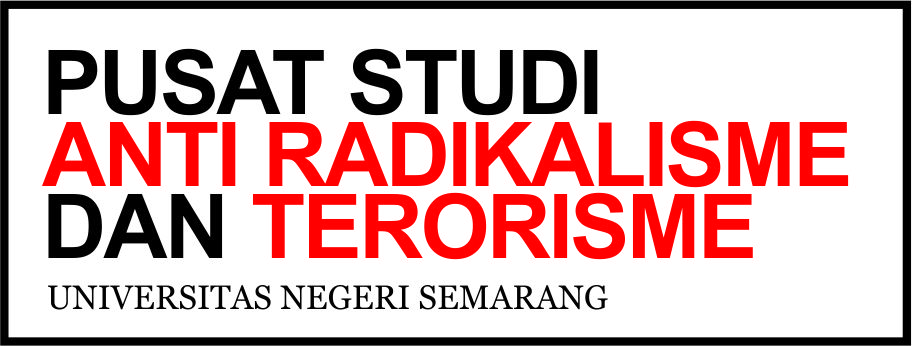Legal Consequences of Offenders Possessing and Controlling Bomb Explosives Without Rights and Without Permits (Verdict 1107/Pid.Sus/2020/Pn.Tjk)
Abstract
Keywords
Full Text:
PDFReferences
Buku / Jurnal
Bambang Poernomo. 1993. Asas-asas Hukum Pidana. Jakarta: Ghalia Indonesia, Hlm. 134.
Marlina. 2011. Hukum Penitensier. PT Refika Aditama, Bandung, Hlm. 15.
Moeljatno. 1993. Asas-Asas Hukum Pidana. Rineka Cipta, Jakarta, Cetakan ke-6.
Tri Andrisman. 2009. Asas-Asas Dan Dasar Aturan Hukum Pidana Indonesia .Bandar Lampung, Universitas Lampung, Hlm. 8.
Wirjono Prodjodokoro. 2003. Tindak-Tindak Pidana Tertentu di Indonesia. Bandung: Refika Aditama, Hlm. 1.
Nafi’ Mubarok. 2017. Suplemen Pengetahuan Hukum Pidana. Surabaya: Fakultas Syariah dan Hukum UIN Sunan Ampel. Hlm. 22.
Peraturan Perundang-Undangan :
Undang-Undang Dasar Negara Republik Indonesia 1945 Hasil Amandemen.
Undang-Undang Nomor 1 Tahun 1946 Jo. Undang-Undang Nomor 73 Tahun 1958 tentang Pemberlakuan Kitab Undang-Undang Hukum Pidana (KUHP).
Undang-Undang Nomor 8 Tahun 1981 tentang Hukum Acara Pidana (KUHAP).
Undang-Undang Nomor 39 Tahun 1999 tentang Hak Asasi Manusia.
Undang-Undang 2 tahun 2002 tentang Kepolisian Republik Indonesia
Undang-Undang Nomor 16 Tahun 2004 tentang Kejaksaan Republik Indonesia.
Undang-Undang Darurat Republik Indonesia Nomor 12 Tahun 1951 Tentang Senjata Api.
Undang-Undang Nomor 48 Tahun 2009 tentang Perubahan Atas Undang-Undang Nomor 4 Tahun 2004 tentang Kekuasaan Kehakiman Republik Indonesia.
Peraturan Pemerintah Nomor 92 Tahun 2015 tentang Perubahan Kedua Peraturan Pemerintah Nomor 58 Tahun 2010 Jo. Peraturan Pemerintah Nomor 27 Tahun 1983 tentang Pedoman Pelaksanaan Hukum Acara Pidana (KUHAP).
PeraturanMenteri Pertahanan Nomor 36 Tahun 2012 tentang Pedoman dan Tata Cara Perizinan, Pembinaan, Pengembangan, Pengawasan, dan Pengendalian Industri Bahan Peledak;
Keputusan Presiden Nomor 125 Tahun 1999 tentang Bahan Peledak.
Refbacks
- There are currently no refbacks.











